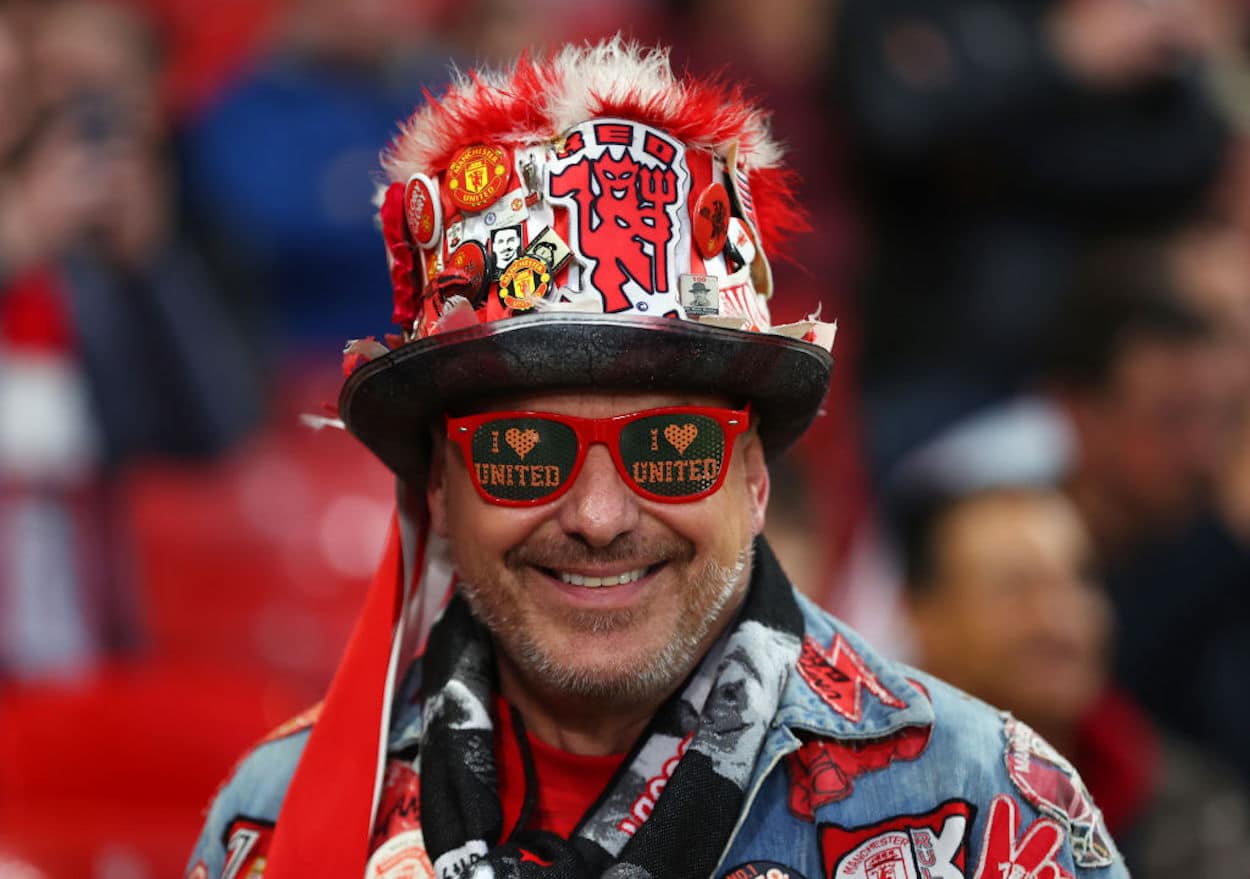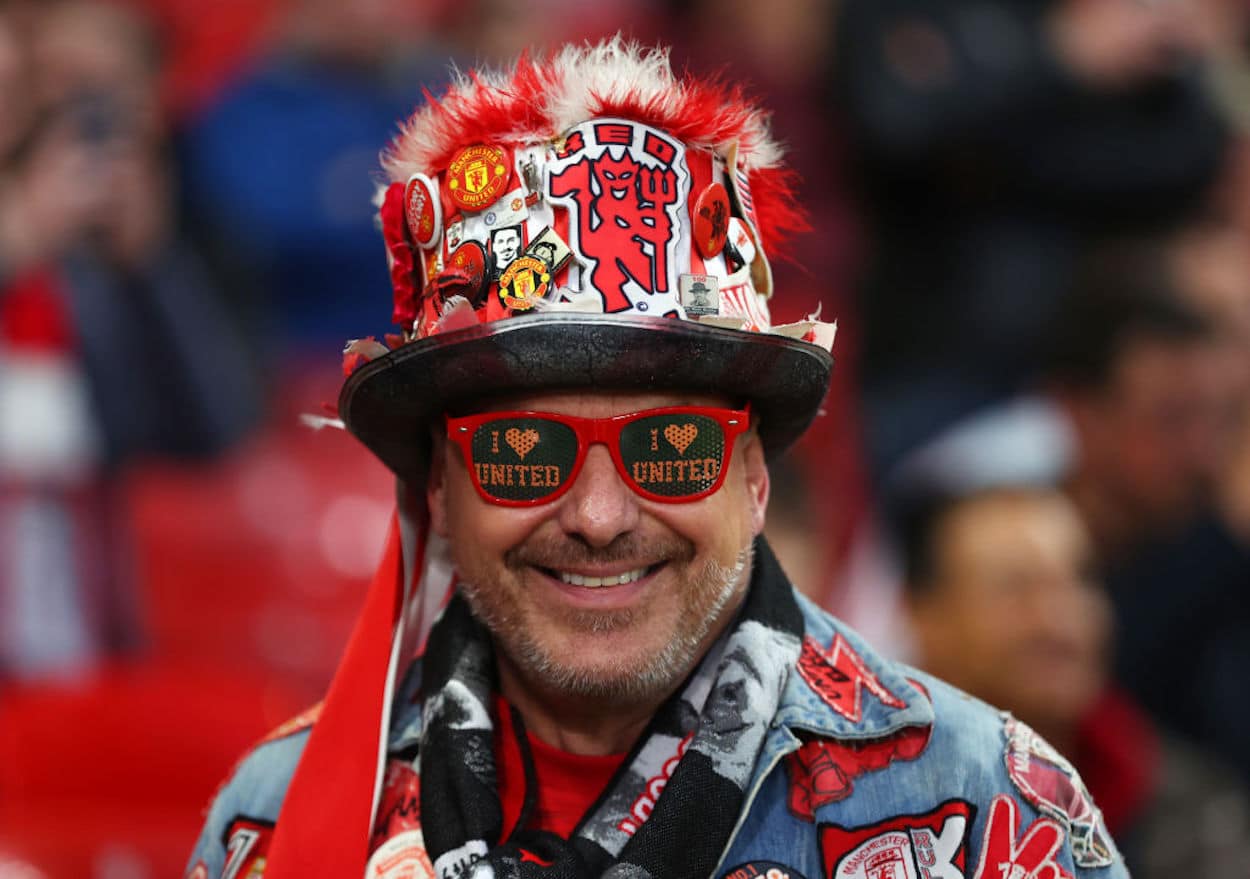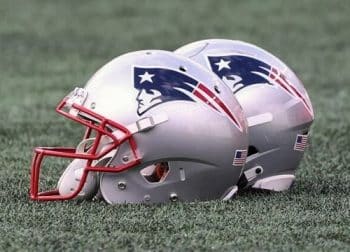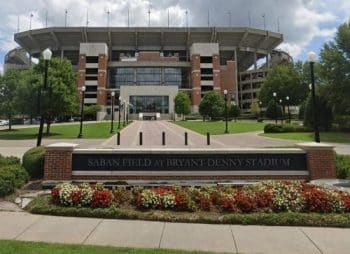Soccer
Why Are Manchester United Called the Red Devils?

For American sports fans, soccer team names can seem a bit conventional. While we’re used to a standard “location + nickname” construction, things are a bit different on the pitch. For the most part, clubs just have a single name, with an unofficial moniker following behind. Take, for example, Manchester United.
While the club is most commonly known by its full name or United, fans and broadcasters will also refer to the squad as the Red Devils. That makes sense — they hit the team wearing red shirts and have a devil on their crest — but still begs the question: Where does that title come from?
Given the history of both England and soccer, you’d probably think there’s a grand historical reason tracing back to the days of yore, right? Well, calling Manchester United the Red Devils is a bit more recent than you’d think.
Manchester United became the Red Devils after the Munich air disaster

As United fans know, the Munich air disaster was one of the darkest moments in club history. As you can understand, those who survived weren’t keen to relive that experience.
At the time, the Manchester United squad was known as the Busby Babes. The manager, Sir Matt Busby, suddenly needed to rebuild the squad and, in the context of what had occurred, wanted to turn the page. He gave his club a new nickname: the Red Devils.
So, where did that title come from? As Kyle Bonn explained for the Sporting News, it stemmed from a completely different sport.
“Local rugby club Salford — a city based in the Greater Manchester area — was officially referred to as the Reds, but was popularly known as the ‘Red Devils,’ a nickname dating back to 1934 when the club dominated a tournament in France, prompting local journalists to dub them ‘Les Diables Rouges’ (The Red Devils),” Bonn explained. “The rugby team, which played a match at Old Trafford in November of 1958 just months after the February plane crash, inspired Busby who eventually adopted the nickname for his own club. He liked the more intimidating image of the ‘Red Devil’ over the former, more innocent-sounding ‘Busby Babes’ and he began to apply it to Manchester United.”
In 1973, the club officially changed its crest to include, you guessed it, a red devil. From there, the rest is history.
As the Red Devils, Manchester United have only continued to grow
RELATED: What Is Offside, and Why Is It a Nightmare for VAR?
While there was obviously a personal context to Manchester United’s change of nicknames, it’s tough to avoid looking at things through a modern, brand-based perspective. Through that lens, Busby hit it out of the park.
Although you can argue that “Red Devils” is a bit cliche, especially when it was drawing on inspiration from a local team, the nickname is more marketable than the “Busby Babes.” While those players have a special place in history — both for their on-pitch exploits and their tragic fate — it’s tough to imagine supporters around the world wearing shirts, getting tattoos, and singing songs professing their love of the “Babes.”
And, if Busby wanted to make his club more intimidating, that’s certainly what happened. While there was admittedly a bit of a lull in the 1970s and 1980s, the Red Devils grew into one of the most dominant clubs in world football under Sir Alex Ferguson. While the crest wasn’t exactly the intimidation factor, you still knew you were in for a long night when facing United.
These days, the results have slipped a bit, but Manchester United are a commercial giant known around the football world. Would that have happened without a snappier nickname? At this point, there’s no way to know.











